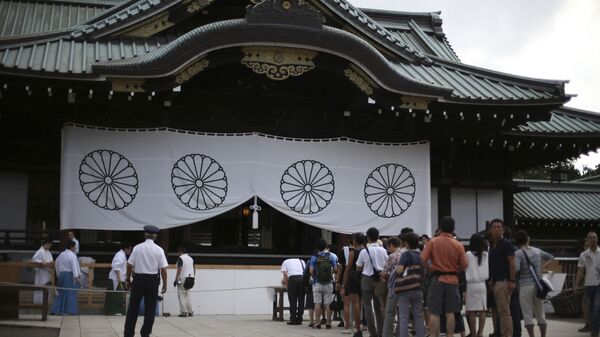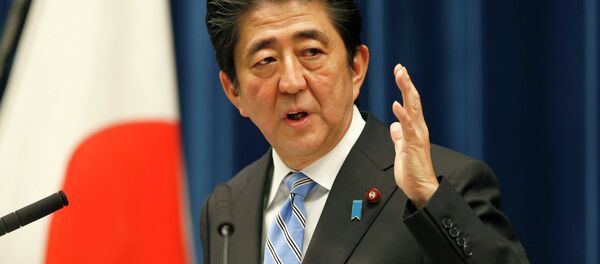Japan's neighbors China and South Korea, both of which suffered immensely from Japanese militarism during the first half of the 20th Century, see the shrine visits by Japanese officials as attempts to justify war-crimes carried about by the Japanese army before and during World War II.
To make things worse Japanese Prime Minister Shinzo Abe sent his own masakaki, a tree offering to the shrine.
South Korea's foreign ministry criticized Abe's move and said the gesture ran counter to efforts to improve relations between Seoul and Tokyo, especially prior to an upcoming trilateral summit between Japan, South Korea and China in two weeks.
In his defense, the Japanese Prime Minister said he was acting as a private citizen when he sent the ritual offering.
"I'm aware of media reports that Prime Minister Abe sent masakaki, but the action was done as a private individual, so I don't think it's something the government should comment on," Japanese government spokesman Yoshihide Suga said, adding that it's a fairly common thing to give prayers to those who gave their lives for their country.
The Chinese government also slammed the shrine visits by the Japanese high-ranking officials, regardless of whether or not Abe's move was done in a private manner.
Instead of sending their offerings and visiting the controversial war memorial, Japan should "face up and deeply reflect on the history of militarism," Chinese Foreign Ministry spokesperson Hua Chunying said.



